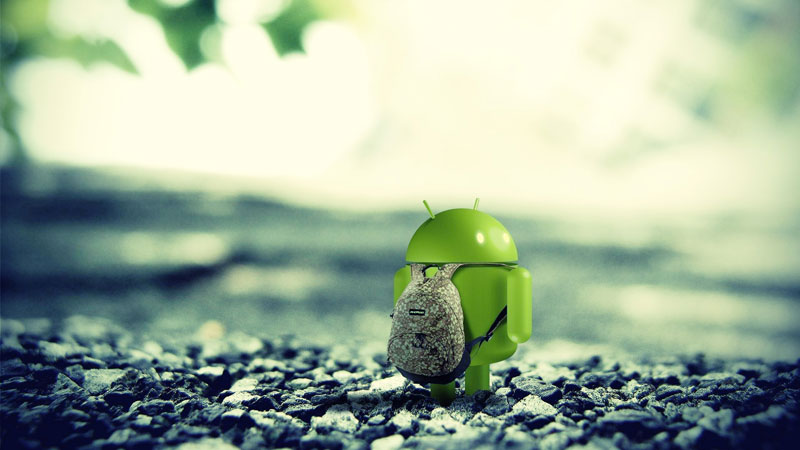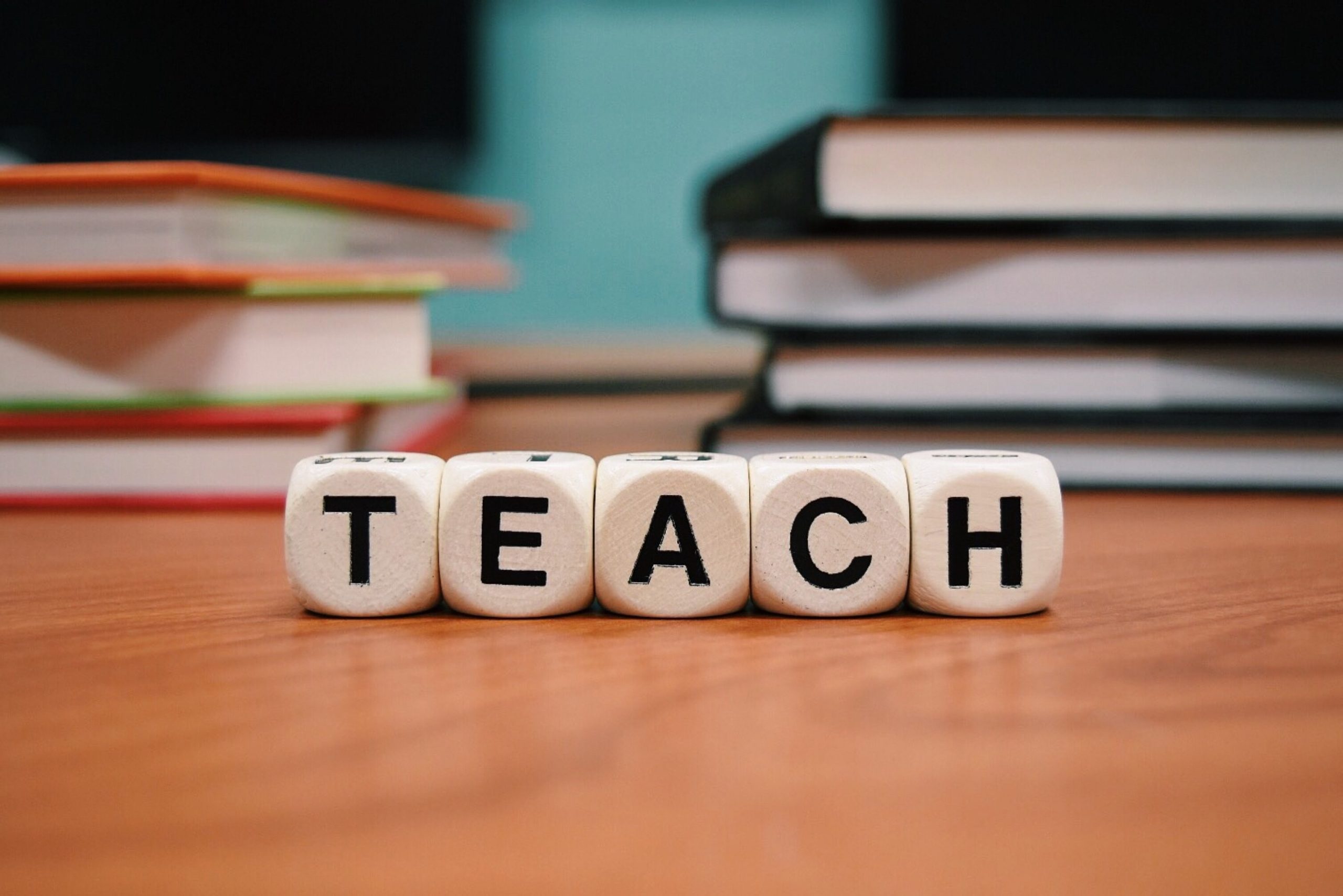I believe we need a radical new learning model organized around the problems that matter most to society today.
The Fourth Industrial Revolution happening right now is rendering the existing model of standardized, factory-style education obsolete. Most schools are still training students for the 20th century industrial factories and bureaucracies that either no longer exist or are soon to be replaced.
In the coming age of machine learning and artificial intelligence, the most important skills and abilities will be centered on what makes us uniquely human and therefore can’t be easily replicated by robots or AI.
A new learning model to train these skills and abilities will need to focus less on routine thinking, memorization, testing and compliance with a standardized government curriculum and more on practical skills that are best learned in the real world through self-directed learning and mentorship:
Creativity, risk-taking, empathy, emotional intelligence, storytelling, purpose-orientation, perseverance, relationship building, leadership and curiosity.
A Polymath Education:
Nearly all of the most successful entrepreneurs and creative professionals I have met have a do-it-yourself mentality when it comes to learning.
They are rarely highly specialized in a single area. Instead, they tend to be curious about a wide range of topics, which makes them more well-rounded than the average person in their knowledge of the world and their ability to gain acceptance of their ideas by different kinds of people.
Many of these entrepreneurs and skilled creative professionals what has been traditionally called polymaths. A polymath is an individual whose knowledge spans a significant number of subjects and is able to draw on complex bodies of knowledge to solve specific problems.
They are insatiable learners who spend their leisure time devouring books, listening to audiobooks and podcasts and traveling widely to experience the world’s different cultures. They also associate themselves with other highly curious and entrepreneurial people with polymathic characteristics in mastermind groups, retreats and startup incubators.
To follow a new learning model that gives a more well-rounded and practical polymath education, we need to focus again on training character, self-reliance and how to apply what we learn through experiential learning and discovery.
If schools want to facilitate a new learning model that can help graduates deal with the complexities and challenges of the 21st century, they should be challenging the ideological echo chambers and intellectual safe spaces in many Universities today with a focus on classical liberal education again.
But as a self-directed individual and learner, I wouldn’t rely too much on institutions that are run by a bloated bureaucracy of administrators with a vested interest in maintaining the status quo.
In today’s fast-changing world, the reality is that the only way to be highly successful as an entrepreneur or creative professional is to get really good at acquiring new skills and educating oneself through disciplined lifelong learning.
Classical Liberal Education:
The foundation of Classical Liberal education was the Trivium, which was developed in ancient times to teach people how to think philosophically and critically.
Much of what passes as critical thinking taught in Universities today is often rooted in post-modernism, which is oriented toward abstraction, intellectualism and seeing everything as a social construct. This deconstrucist mentality often isn’t very constructive when it is applied outside the walls of academia.
Alternatively, the Trivium is focused on learning through the Classical Liberal Arts of Grammar, Logic and Rhetoric.
I highly recommend reading the book linked above or doing your own research into the Trivium to gain a better understanding of how the Trivium can be used to challenge misinformation, cognitive biases and ideologically-slanted thinking.
A good companion to the Trivium is the Quadrivium, which focuses on higher learning in the Classical Liberal Arts of Numbers, Geometry, Music and Cosmology.
In ancient times, education and spirituality were not completely separated as they are today and the result was that the Liberal Arts encouraged a healthy sense of awe and wonder toward the beauty, interconnectedness and symmetry of life.
The Classical Liberal Arts facilitated the experience of the world as an enchanting place, teaching people to respect the sacredness of life and their connection to nature.
In contrast, modern Liberal Education that has developed with government-run schooling since the Age of Enlightenment has created a disenchanted and de-spiritualized world where potentially everything is a social construct and anxiety depression and self-consciousness run rampant.
The mentality of post Enlightenment world that is common among the most highly schooled is a reductionistic and mechanistic worldview rooted in scientific materialism.
Scientistic materialism is a philosophical stance which posits a limited definition of consciousness to that which is observable and subject to the scientific method.
This way of approaching the world as a detacher observer has its benefits but without being balanced with an experiential Eastern way of learning and knowing, it often results in a kind of perfectionism and restless anxiety from chronically over-analyzing everything.
A New Generation of Polymaths
Fortunately, there is a growing new generation of polymaths and entrepreneurs that have educated themselves using the Internet.
While the Internet is a double edged sword in that it can waste your time with trivial things like social media, gossip and mindless cat videos…. with the right attention and focus, it is the best learning tool we’ve had in human history.
But when you’re learning online, it helps to have a structure and mental framework to connect all of the different subject areas and interests that you have.
That’s why I think the Trivium and Quadrivium should be part of this new learning model. The Trivium provides a structure that has been used for thousands of years for critical thinking and the Quadrivium provides a mental framework to learn about the sacredness and interconnectedness of life.
Together with the Trivium and Quadrivium, we have the tools for a more balanced combination of analytical thinking and intuitive sensory experience that is essential for becoming a highly focused and motivated polymath.
The term University itself is rooted in the concept of a universal education. Universities used to train polymath-like capabilities but today’s education system has largely been dumbed down as it oriented itself more toward top-down standardization, profit-seeking motives and producing obedient employees.
21st Century Learning:
Technology and skills-based education alone isn’t enough.
While it is important to have technical skills, it’s also necessary for good at creative problem solving and connecting with a broad range of people and ideas across a wide knowledge spectrum that combines science, philosophy, theology, history, ecology and mathematics.
Today’s most successful companies and polymath innovators combine technology with the Liberal Arts to create products and services that are fun to use and connect with our hearts as well as our minds.
I believe that learning to see the world through the critical lens of the Trivium and the enchanted lens of the Quadrivium is going to see a revival in the coming years as automation and artificial intelligence replace most traditional routine work and the existential crisis in higher education grows to a fever pitch.
Choose a problem that matters to you and get to work taking meaningful steps, asking the right questions about it, holistically understanding it through all your senses and collaborate with other passion-driven people to solve it.
- How The Muse S Athena Works For EEG And fNIRS Neurofeedback - April 24, 2025
- The 10 Best Pomodoro Timer Apps For Remote Workers - April 11, 2025
- Hacking The Flow Cycle: Brainwaves, Creativity and Flow States - April 11, 2025





 This website uses cookies to improve your web experience.
This website uses cookies to improve your web experience.